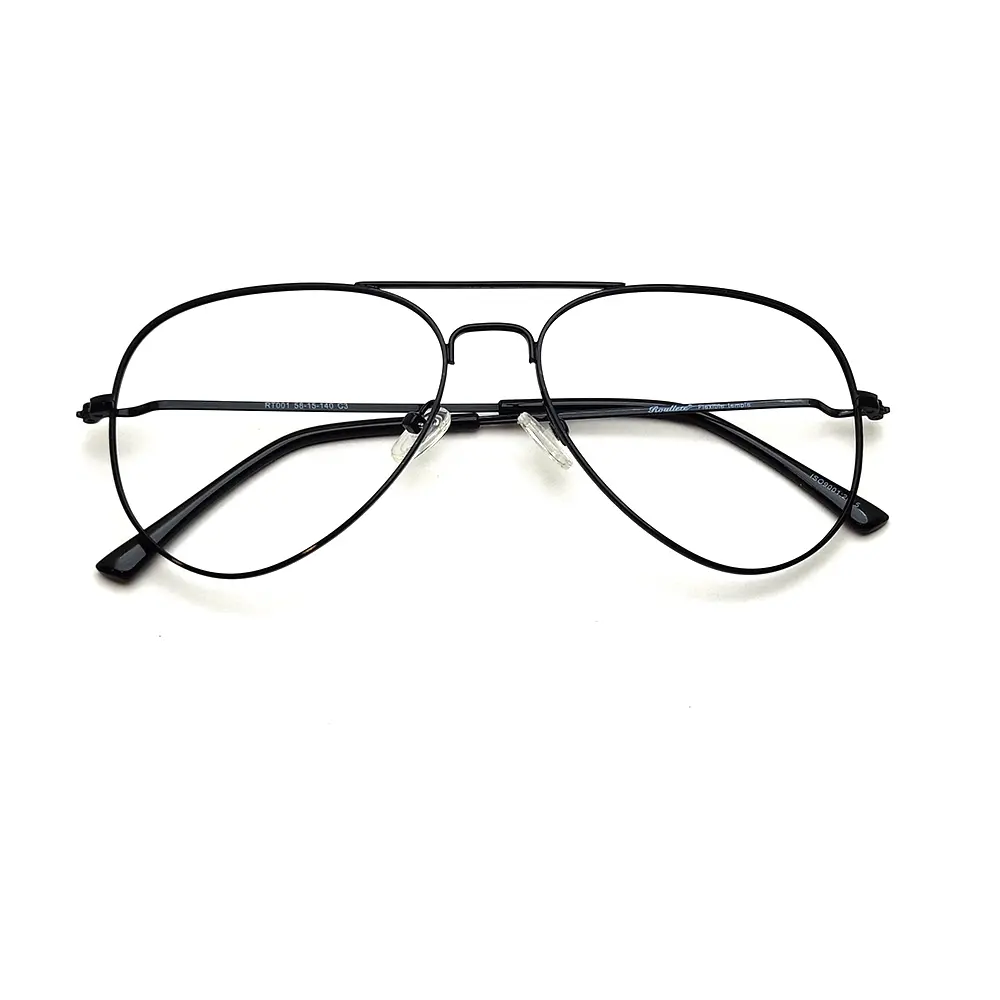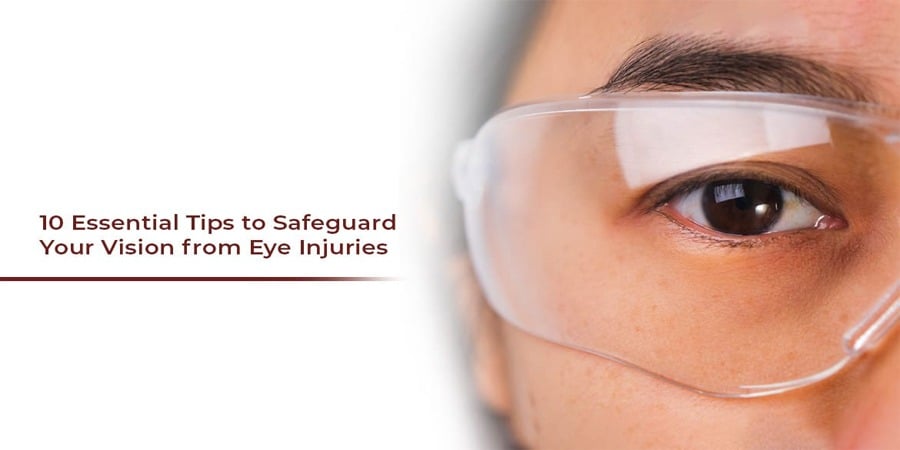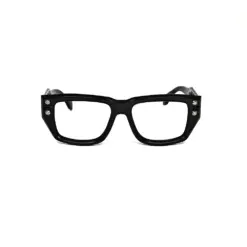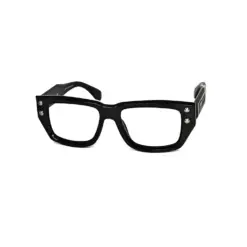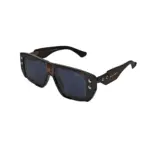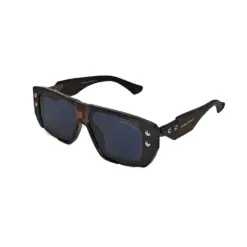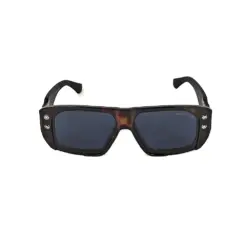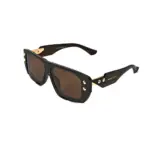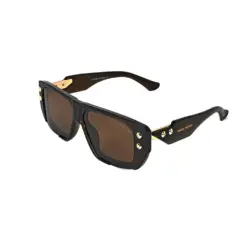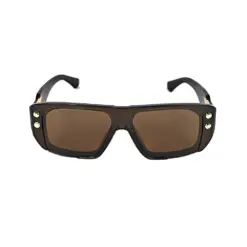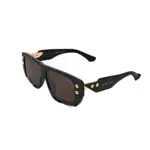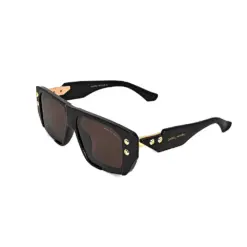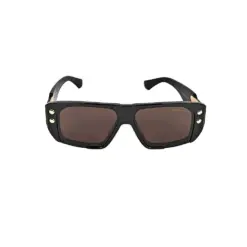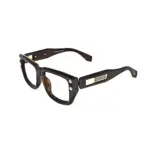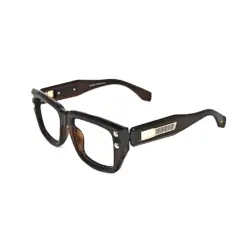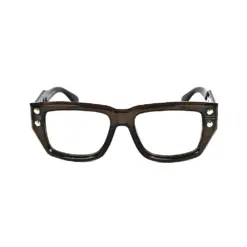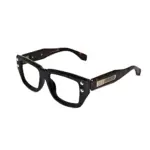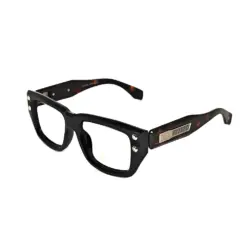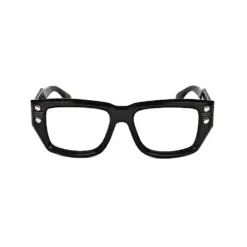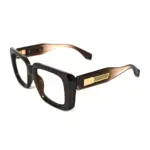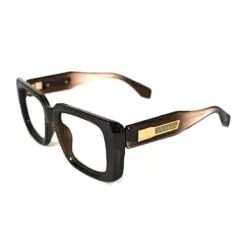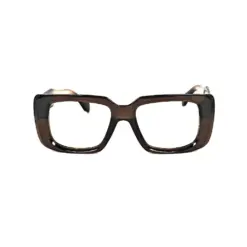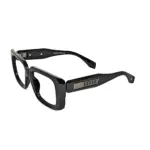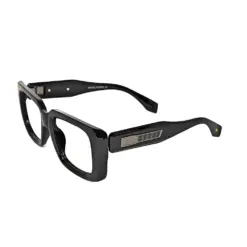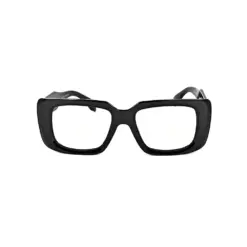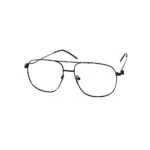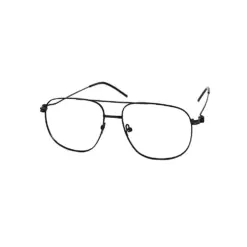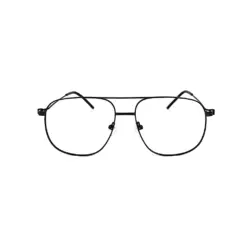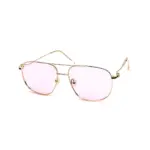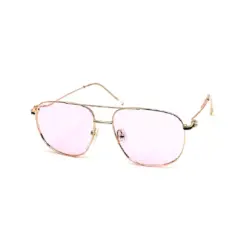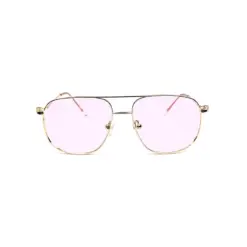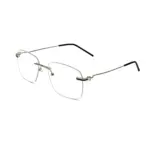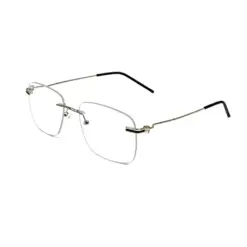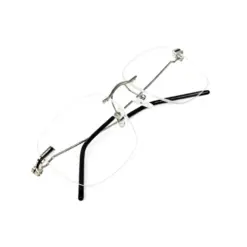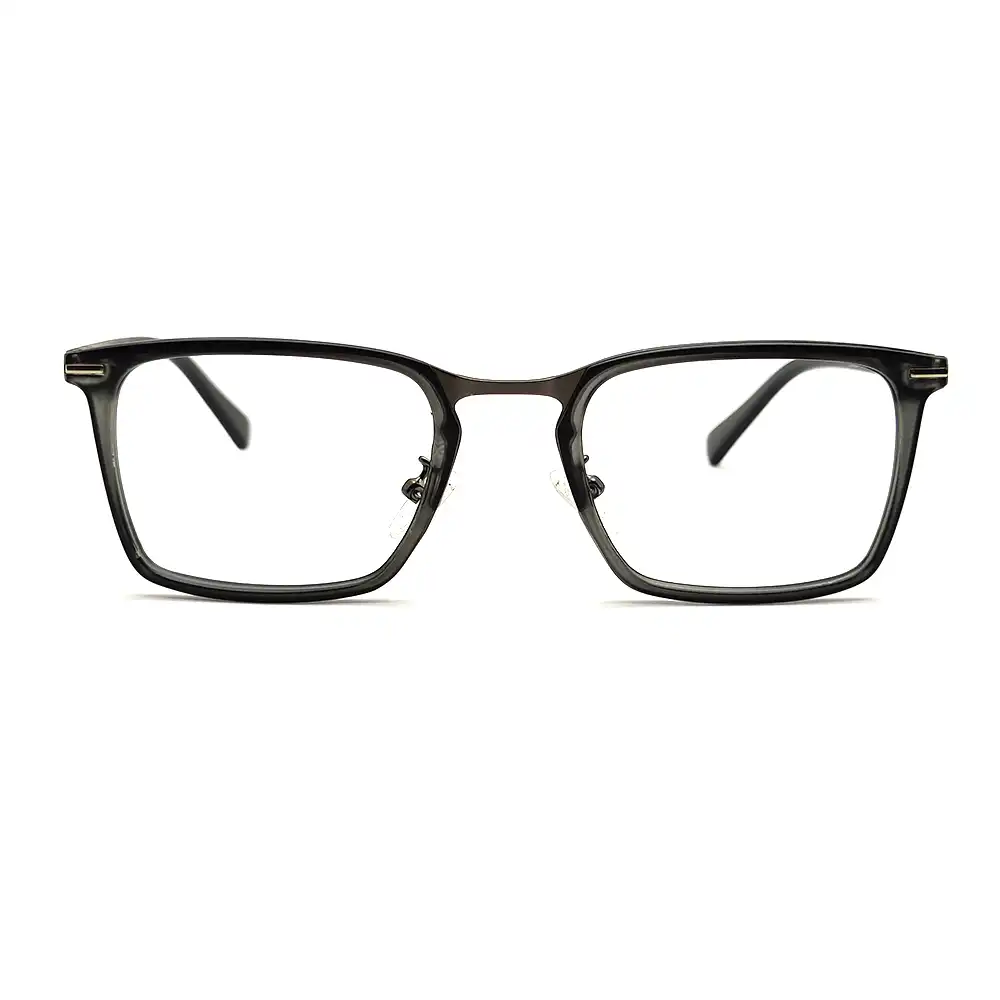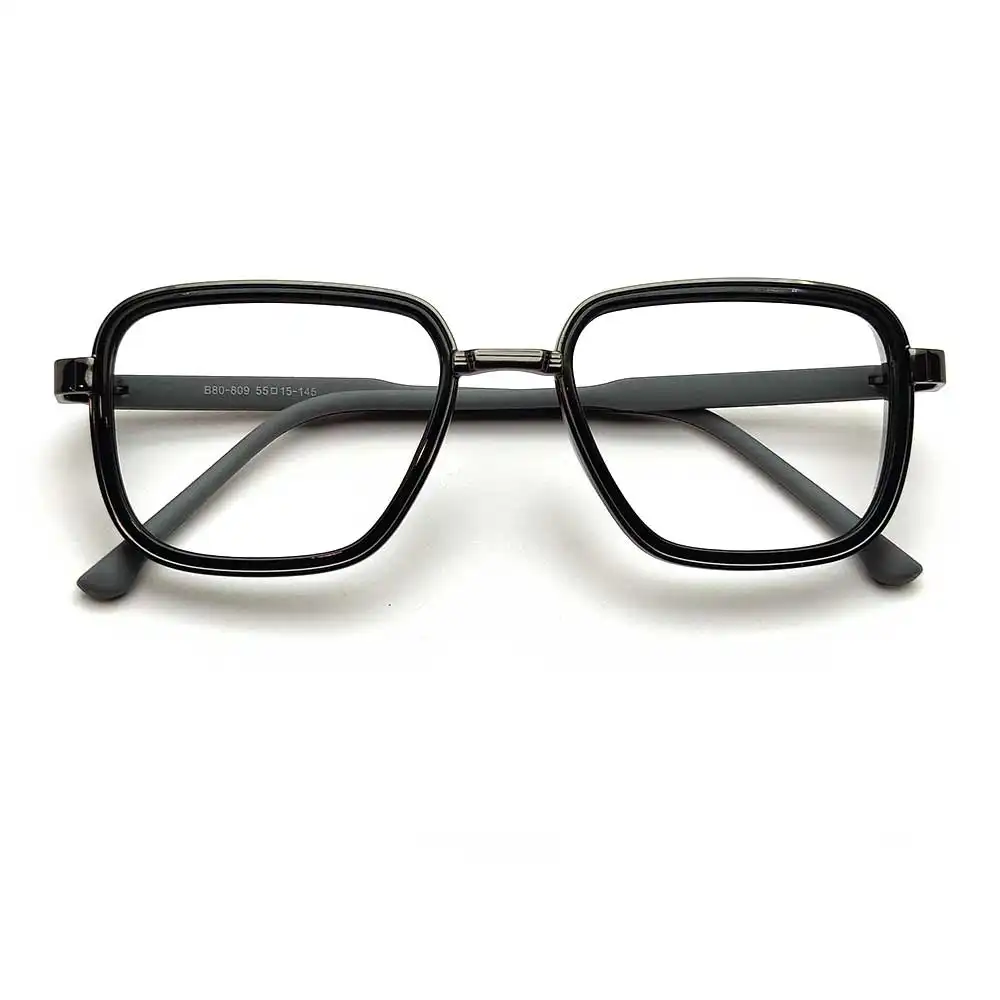Tips & Tricks, eyeglasses
10 Essential Eye Care Tips for Emergencies: Protecting Your Vision When It Matters Most
Turban Friendly
Eyeglasses
New Arrivals
New Arrivals
New Arrivals
Eyeglasses
Eyeglasses
Eyeglasses
Eyeglasses
Turban Friendly Sunglasses
Turban Friendly Sunglasses
Turban Friendly Sunglasses
Turban Friendly Sunglasses
Turban Friendly Sunglasses
Turban Friendly Sunglasses
Eyecare Tips : Imagine you’re out hiking, and suddenly a branch snaps back, hitting your eye. Or perhaps you’re cooking dinner, and a splash of hot oil lands dangerously close to your face. Eye emergencies can happen in the blink of an eye, often when we least expect them. Knowing how to react quickly and effectively can make all the difference in protecting your vision. This article will guide you through ten crucial eye care tips for emergencies, equipping you with the knowledge to act swiftly and confidently when every second counts.
1. Eye care Tips: Stay Calm and Assess the Situation
Why Staying Calm is Crucial
When faced with an eye emergency, your first instinct might be to panic. However, remaining calm is essential for several reasons:
- It helps you think clearly and make better decisions
- It prevents you from potentially causing more harm through rushed actions
- It allows you to accurately assess the severity of the situation
How to Quickly Assess an Eye Injury
- Check for visible damage or foreign objects
- Note any changes in vision, such as blurriness or loss of sight
- Observe for excessive tearing, redness, or swelling
Remember: Your quick, calm assessment can guide your next steps and provide valuable information to medical professionals.
2. Eye care Tips: Avoid Rubbing or Touching the Eye
One of the most common reflexes when something is wrong with our eyes is to rub them. However, this can be extremely dangerous in an emergency situation.
Reasons to Avoid Touching the Eye:
- Rubbing can worsen injuries, especially if there’s a foreign object present
- It can introduce bacteria and increase the risk of infection
- In cases of chemical exposure, rubbing can spread the substance further
Instead of rubbing, try blinking rapidly to produce tears, which can help flush out minor irritants naturally.
3.Eye care Tips: Flush the Eye with Clean Water
If you suspect a chemical splash or have gotten dust or small debris in your eye, flushing with clean water can be incredibly helpful.
How to Properly Flush Your Eye:
- Tilt your head so the affected eye is lower than the unaffected eye
- Hold your eyelids open with your fingers
- Allow lukewarm water to run over the eye for at least 15 minutes
- For chemical exposures, continue flushing for up to 30 minutes
Important: Use only clean, lukewarm water. Avoid using any other liquids, as they may cause further irritation or damage.
4.Eye care Tips: Do Not Attempt to Remove Embedded Objects
If you notice an object stuck in your eye or eyelid, resist the urge to try and remove it yourself.
Why You Shouldn’t Remove Embedded Objects:
- Attempting removal can cause further damage to the eye
- You might push the object deeper into the eye
- There’s a risk of causing additional scratches or cuts
Instead, cover the eye loosely with a clean cloth or eye shield and seek immediate medical attention.
5.Eye care Tips: Use a Cold Compress for Blunt Injuries
For injuries caused by blunt force, such as getting hit by a ball or walking into something, a cold compress can help reduce swelling and pain.
How to Apply a Cold Compress:
- Wrap ice or a bag of frozen vegetables in a clean cloth
- Gently place it over the injured eye area
- Apply for 10-15 minutes at a time, with breaks in between
Avoid applying pressure or placing the ice directly on the skin to prevent further damage or discomfort.
6. Eye care Tips: Protect the Eye from Further Injury
After initial first aid, it’s crucial to protect the injured eye from additional harm until you can receive professional medical care.
Methods to Protect an Injured Eye:
- Cover the eye with a clean, soft patch or cloth
- Avoid applying pressure to the eye
- If possible, cover both eyes to prevent sympathetic movement of the injured eye
Remember, the goal is to minimize eye movement and protect it from external factors until you can see a doctor.
7.Eye care Tips: Seek Immediate Medical Attention
While some eye irritations may seem minor, it’s always better to err on the side of caution when it comes to your vision.
When to Seek Emergency Care:
- Sudden vision changes or loss
- Severe pain or swelling
- Chemical exposures
- Embedded foreign objects
- Cuts or punctures to the eye or eyelid
Don’t hesitate to call emergency services or go to the nearest emergency room if you’re unsure about the severity of the injury.
8.Eye care Tips: Know Basic First Aid for Common Eye Emergencies
Being prepared with knowledge of basic first aid for common eye emergencies can make a significant difference in outcomes.
First Aid for Common Eye Emergencies:
- Chemical Burns: Flush with water for at least 15-30 minutes
- Foreign Object: Don’t rub, try blinking or flushing with water
- Cuts or Punctures: Cover loosely and seek immediate medical attention
- Black Eye: Apply a cold compress to reduce swelling
Tip: Consider taking a basic first aid course to be better prepared for various emergencies, including those involving the eyes.
9.Eye care Tips: Maintain an Eye Emergency Kit
Having a well-stocked eye emergency kit at home, in your car, or at work can save precious time in an emergency.
Essential Items for an Eye Emergency Kit:
- Sterile eye wash solution
- Clean cloth or eye patches
- Small flashlight for examining the eye
- Adhesive tape to secure eye patches
- List of emergency contact numbers, including your eye doctor
Regularly check and replenish your kit to ensure all items are up-to-date and in good condition.
10.Eye care Tips: Prevention: The Best Form of Eye Care
While knowing how to handle eye emergencies is crucial, preventing them in the first place is even better.
Tips for Preventing Eye Injuries:
- Wear appropriate eye protection during sports or hazardous activities
- Use caution with household chemicals and always read labels carefully
- Keep sharp objects away from your face and eyes
- Be mindful of your surroundings to avoid accidents
By taking preventive measures, you can significantly reduce the risk of eye injuries and emergencies.
Conclusion
Eye emergencies can be frightening, but being prepared with the right knowledge and tools can make all the difference in protecting your vision. Remember, staying calm, avoiding further injury, and seeking prompt medical attention are key principles in handling any eye emergency. By familiarizing yourself with these ten essential eye care tips and maintaining an eye emergency kit, you’ll be better equipped to handle unexpected situations that could threaten your eyesight. Your vision is precious – take these steps to safeguard it in times of crisis.
Follow us












